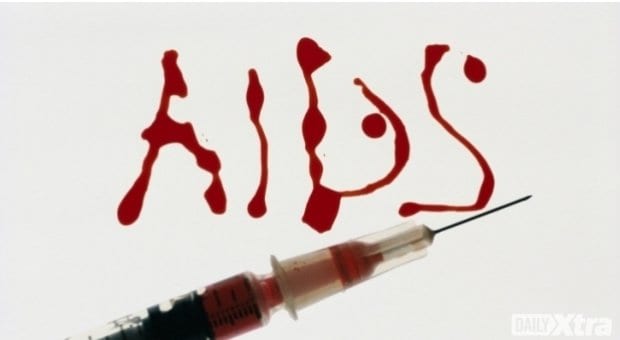Antiretroviral drugs administered monthly have been shown to protect monkeys against AIDS for a number of weeks, two studies conducted by separate laboratory groups indicate.
According to a New York Times report, researchers have also found evidence that an injection administered quarterly can be equally effective. The findings were presented at the Conference on Retroviruses and Opportunistic Infections held in Boston.
In one study, the Centers for Disease Control and Prevention in Atlanta injected six monkeys, exposed to simian-human immunodeficiency virus, with an experimental version of an FDA-approved antiretroviral drug. While those six did not become infected, six others, which were also exposed to the virus and were given a placebo, became infected.
In the second study, Rockefeller University researchers used a similar process on 16 monkeys and achieved the same outcome.
With many people neglecting to take their antiretroviral drugs on a regular basis, researchers are hoping that a replication of the results in proposed human trials could help stem that ongoing challenge.
A Columbia University AIDS expert says a small, three-year preliminary human trial, which will involve about 175 people in the United States, South Africa, Malawi and Brazil, is scheduled for later in 2014, preceding a larger study to test whether the administration of injections are as effective in humans as they have shown to be in monkeys.
The AIDS Vaccine Advocacy Coalition (AVAC) is in favour of long-lasting injectable drugs because regimen adherence has been a challenge with pre-exposure prophylaxis (PrEP), which involves taking a pill once a day.
Daily Xtra recently rolled out a four-part series, addressing the many questions and controversies around PrEP:
Part 1: Can a pill a day keep HIV away?
Part 2: A condom-free future?
Part 3: The controversy behind PrEP
Part 4: Why aren’t gay men taking PrEP?
Also, check out the news feature “Canadians Already on PrEP While Drug Sits in Regulatory Limbo,” by Marcus McCann.


 Why you can trust Xtra
Why you can trust Xtra


